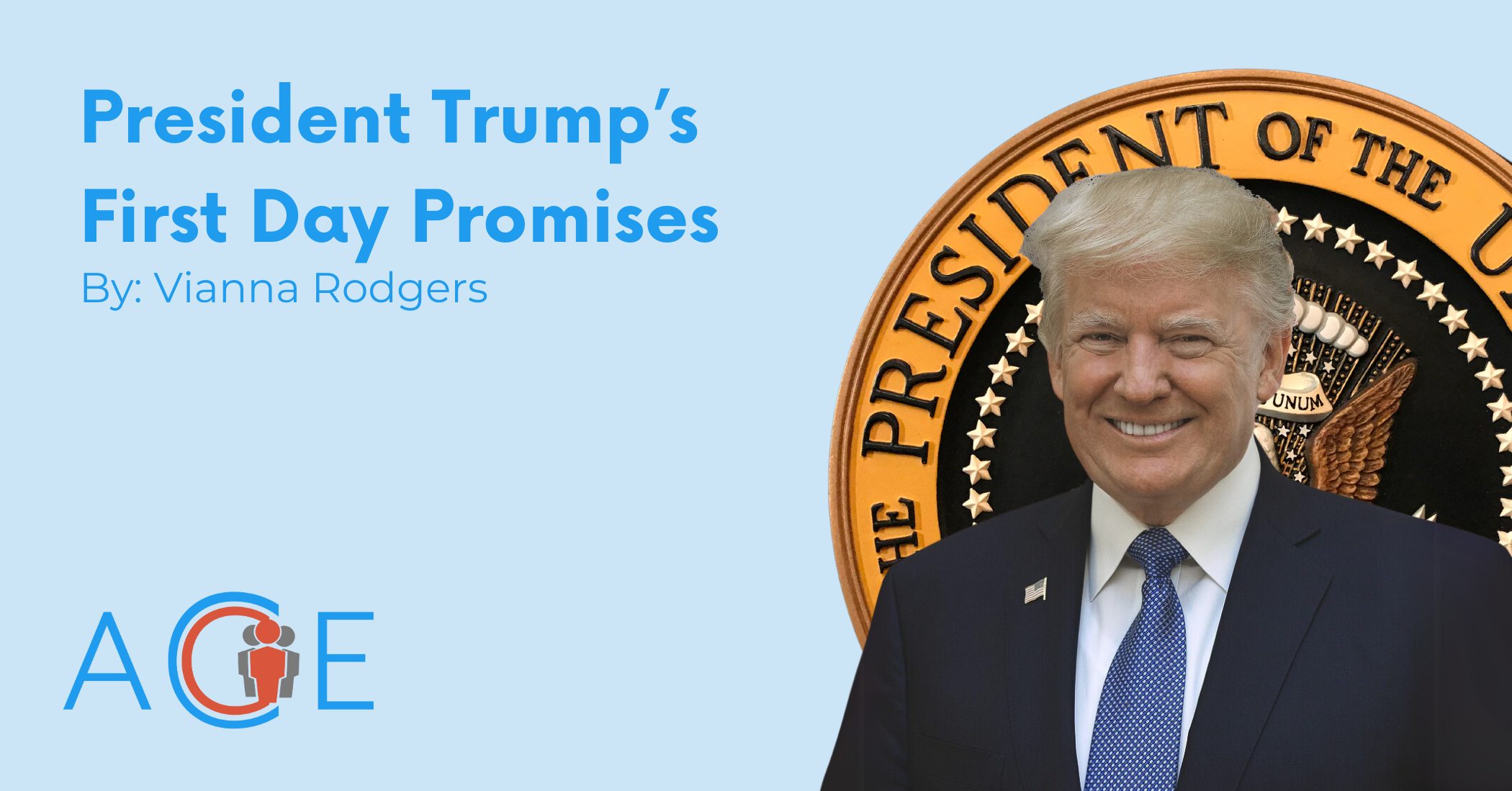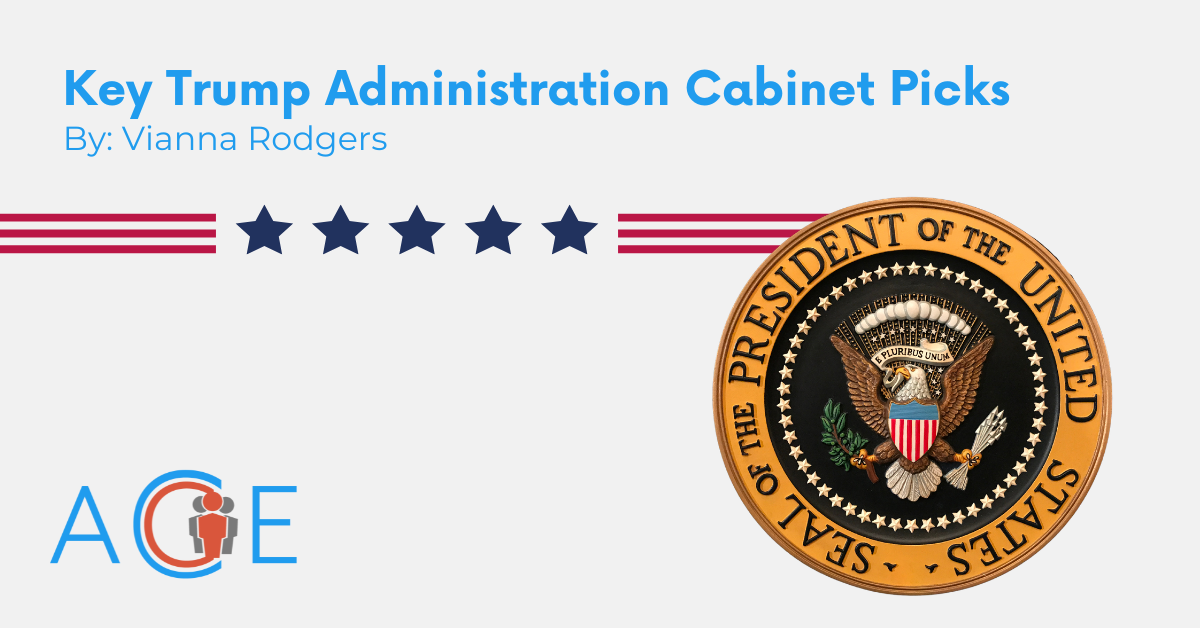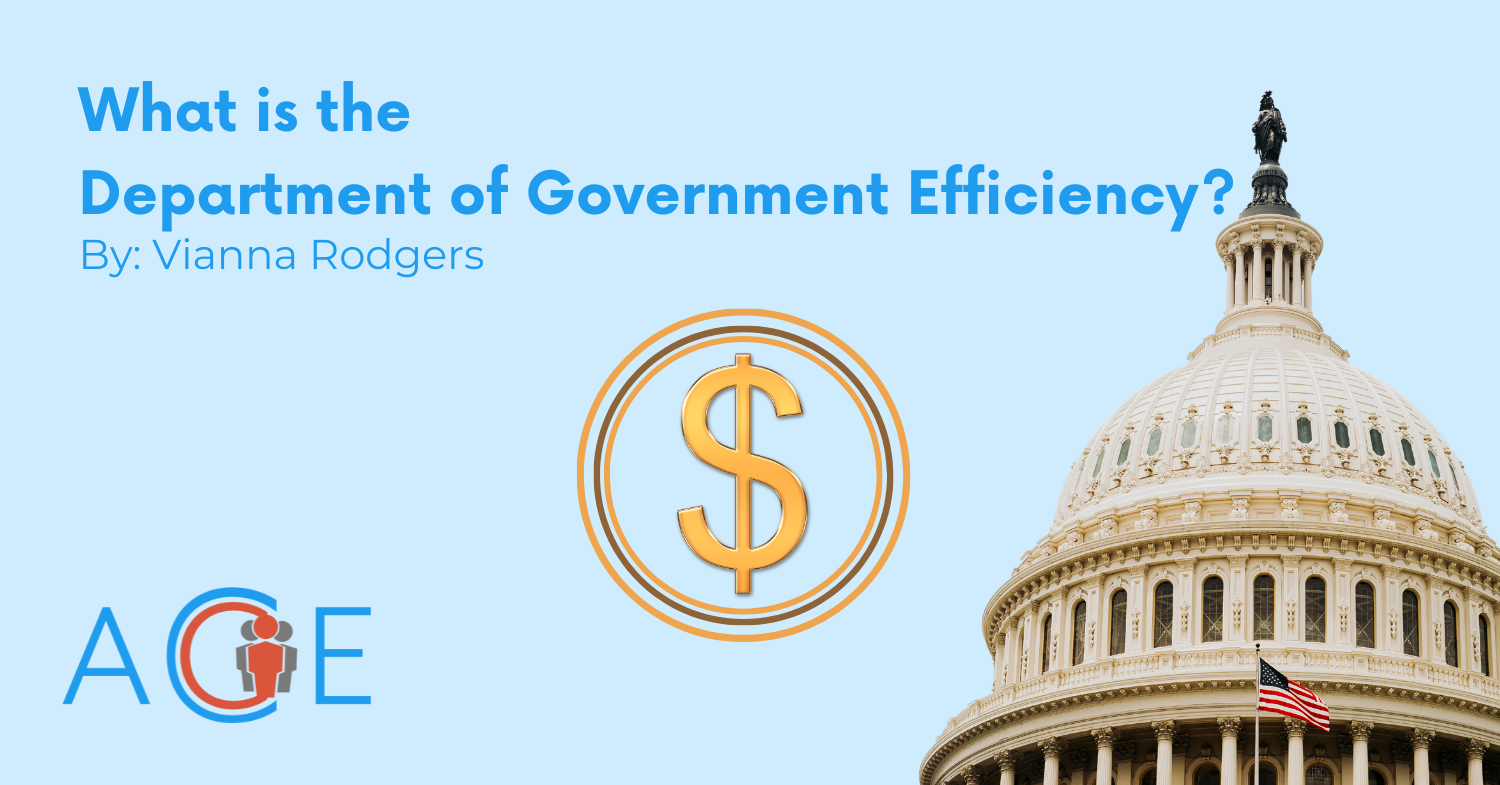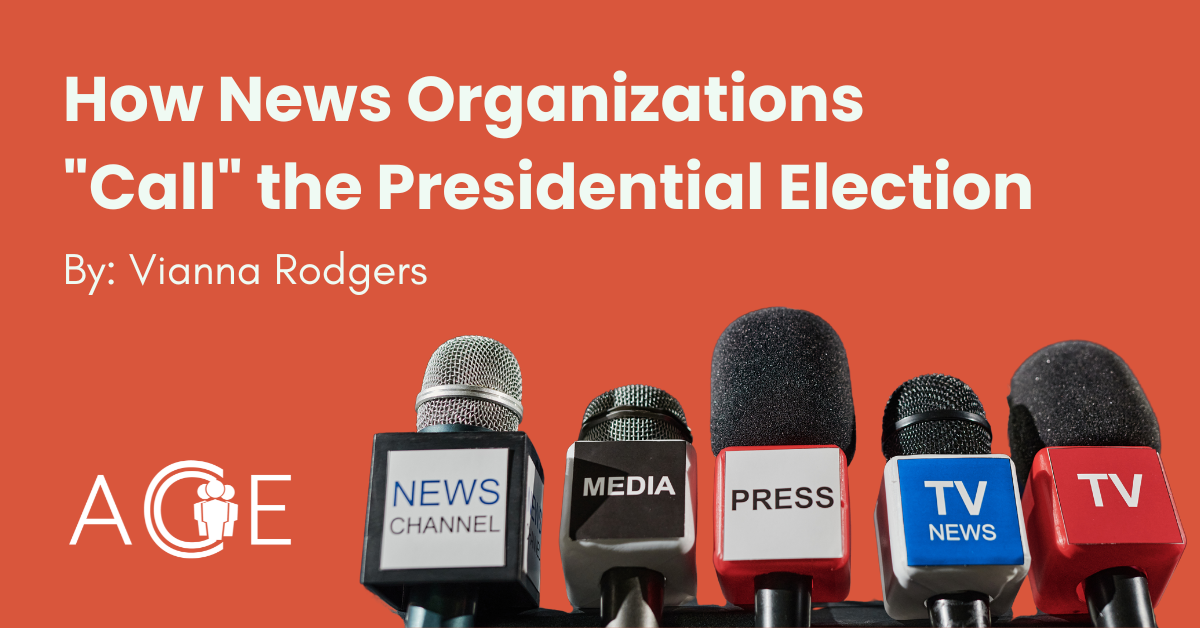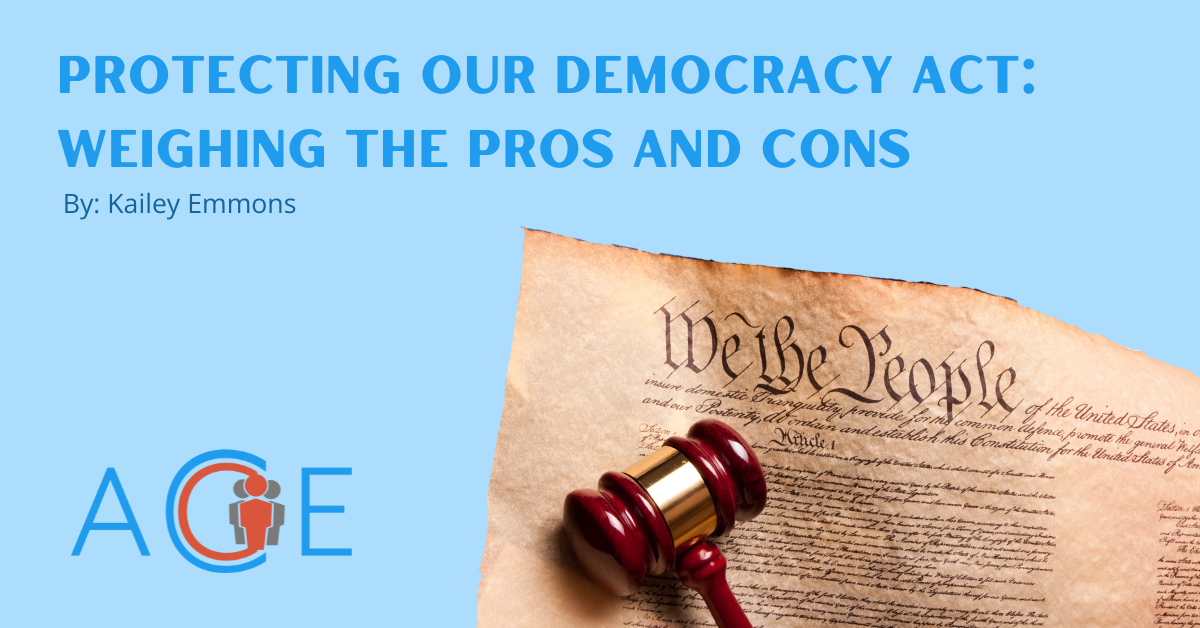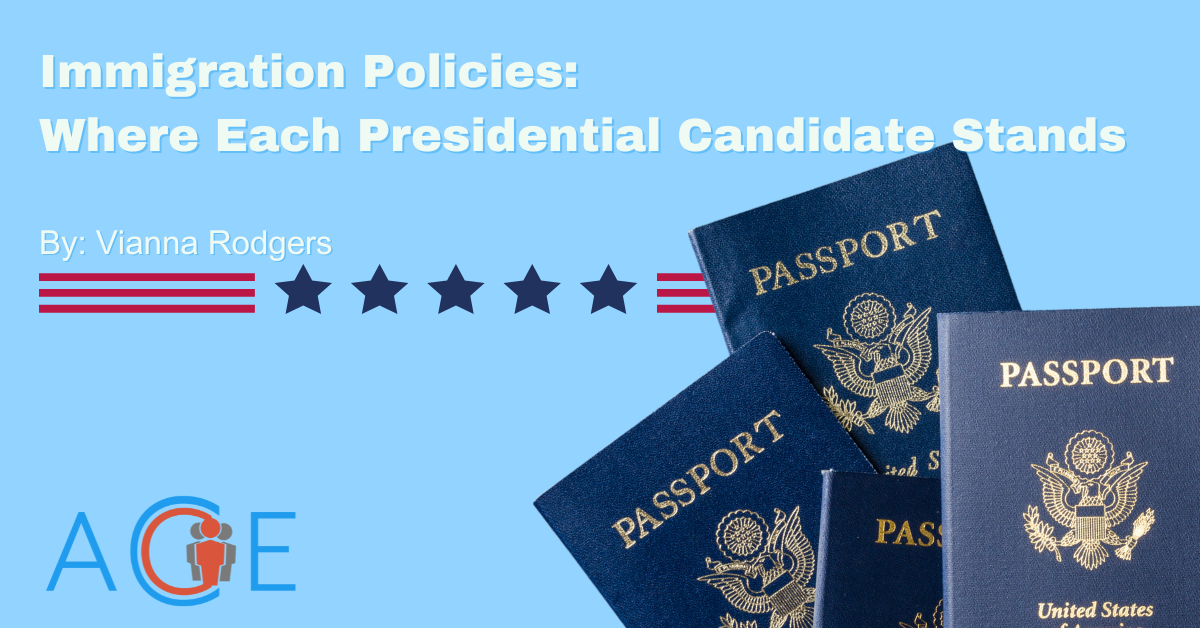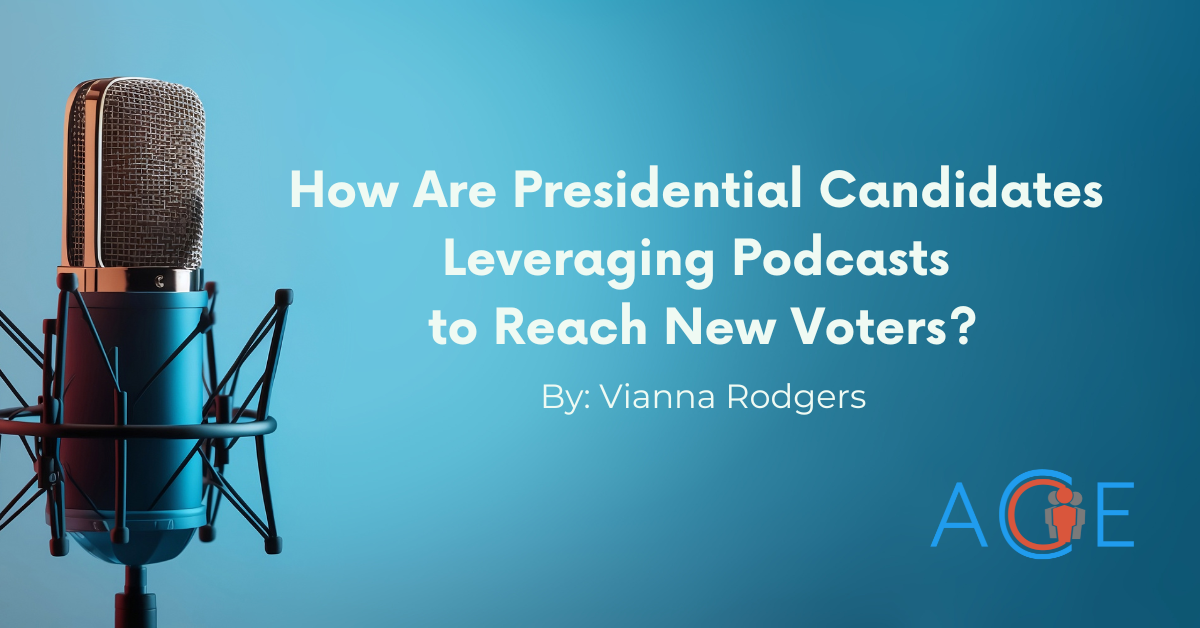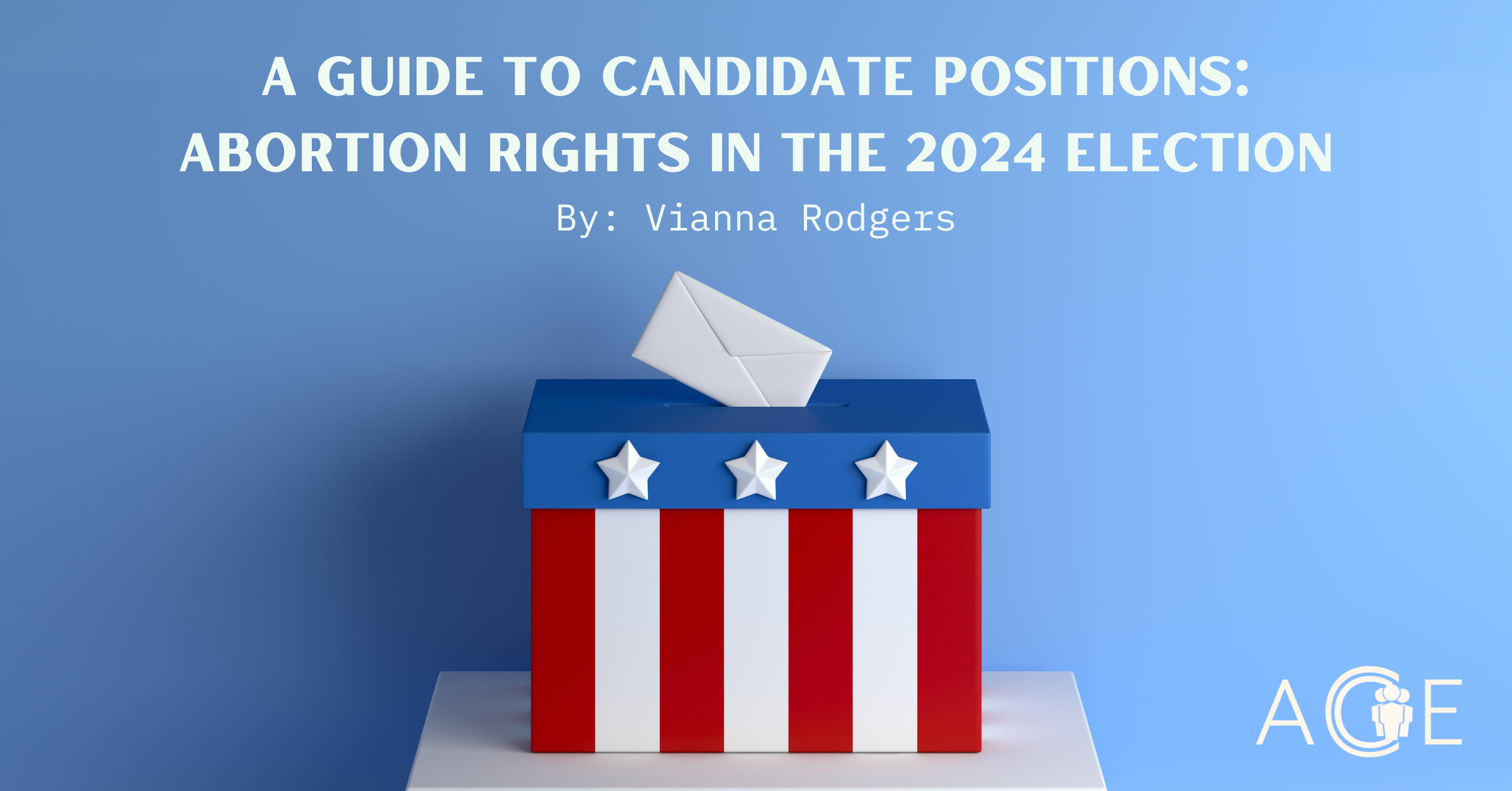Tuesday, October 1st marked the first and only Vice Presidental debate between Democratic candidate Governor Tim Walz and Republican candidate Senator JD Vance. Hosted by CBS, the debate took place a the CBS Broadcast Center in New York City. Like the Presidential debate, this debate had no audience. Additionally, candidates were not allowed to bring pre-written notes or props on stage. Candidates were granted two minutes to answer a question, two minutes to respond, and one minute for rebuttals. Finally, unlike the Presidential debate, the candidates’ microphones will not be muted during their opponent’s speaking time.
With the rules set and the candidates behind their podiums, the debate began.
Middle East
Hosts Nora O’Donnell and Margaret Brennan directed the first question to Governor Walz. On the topic of the Middle East, Brennan asked if Walz would support a preemptive strike by Israel on Iran. Walz responded by addressing the October 7th terrorist attacks of Hamas on Isreal, stating that it is fundamental that Israel has the right to defend itself and seek the safe return of its hostages, while also “ending the humanitarian crisis in Gaza.” He also called the expansion of Isreal and its proxies a fundamental necessity for the United States before addressing the importance of “steady leadership” and attacking Donald Trump’s leadership skills and his discussion of “crowd sizes” during the Presidential debate.
Senator Vance was given the same question. He first introduced himself as a “middle-class” citizen, providing background on himself and his history. He claimed that Trump established “effective deterrents” that made people afraid of stepping out of line with “peace through strength.” When addressing whether or not he would support a preemptive strike, he responded that the decision is up to Israel and that the United States should support its allies. Walz criticized Trump’s “fickle leadership” when handling Iran, addressing Trump’s withdrawal from a deal with Iran that would have temporarily paused its nuclear program. Vance responded that Hamas attacked Israel during the Biden-Harris administration’s time in office, therefore their administration has caused more conflict than stability.
Climate Change
O’Donnell questioned Vance on the Trump administration’s responsibility to reduce climate change. Vance answered by stating that he and Trump support “clean air and clean water” before criticizing Harris’s climate policies and arguing that her policies do not actually reduce the amount of carbon emission being released into the air. He argued that instead, the answer is to invest in American-made businesses and the American people. Walz highlighted Trump’s past statements on climate change, noting how the former president called it a “hoax.” He then moved to praise the Biden-Harris administration for its investments in EV technology, which have created 200,000 jobs in the country with the Inflation Reduction Act.
Immigration
Vance was questioned on the specifics of the Trump administration’s plans to mass deport immigrants at the border using the military. He attacked Harris’s stance on the immigration issue, claiming that under Biden’s Immigration Policies, she has suspended deportations, decriminalized illegal aliens, and increased the asylum fraud which has “opened the floodgates” and allowed fentanyl to enter the country. Vance wants to start deportations with illegal aliens who have committed a crime and then protect US workers by preventing illegal aliens from getting jobs. When addressing the issue of separating parents from their children, he called the “real family separation policy” Harris’s “wide open border policy.” Walz cited that, in the past year, the nation saw the largest decrease in opioid deaths in history. He then highlighted Harris’s background as a prosecutor and her work prosecuting transnational gangs from “sex trafficking and drug interventions. He then referenced a bi-partisan border patrol bill that failed in the Senate. Walz attributes this failure to Trump, arguing that Trump told Republican Senators not to vote for the bill for his own political gain. When questioned again on whether or not Vance would separate parents from their children, he refused to answer the question, reiterating that Harris’s policies allow children to be used as “drug mules.” Walz criticized Vance’s narration of immigrants, arguing that it has only led to the vilification of legal immigrants, citing the threats Haitian immigrants in Springfield, Ohio have received since Trump and Vance brought attention to the false rumor that the Haitian immigrants were eating pets.
Vance was then questioned on whether the presidential administration has the power to accomplish Trump’s immigration plans or whether that power lies in Congress with the power of the purse, Vance responded that the President just needs to “empower border patrol.” Vance criticized the “blaming migrants for everything” rhetoric, arguing that it does not deal with the actual immigration problem.
Economy
When addressing their administration’s economic plans, Walz was questioned on his plan to pay for the 1.2 trillion dollar deficit that would result from the tax credits laid out in the Harris economic plan. He reiterated Harris and his own commitment to the middle class and stated that they would increase taxes on the wealthy, asking them to “pay their fair share.” Trump’s economic plan was stated to increase the nation’s deficit by 5.8 trillion dollars. Vance was similarly questioned on his plans to pay for that deficit. He states that Trump’s tax cuts gave more take-home pay to middle-class families and created an economic boom in 2017. In response, Walz claimed that Trump has not paid “any federal taxes in the past 15 years.” Therefore, Trump does not care about lowering taxes for middle-class workers such as truck drivers. Walz agreed with Vance that jobs should be brought back to the United States but argued that the difference between Harris and Trump is that Harris created 200,000 more jobs.
Past Statements
The hosts addressed Vance’s past remarks about his current running mate. He has previously called Trump “unfit for the presidency” and “America’s Hitler,” and more recently in 2020 stated that “Trump failed to deliver his economic populism.” Vance was then questioned on whether he would give Trump the “advice he needs to hear” rather than the “advice he wants to hear.” He clearly backtracked his previous statements, saying that he was “clearly wrong about the president” by believing the media. He then states that his more recent criticisms were about Trump’s first term in office. He then pivoted to attacking Congress’s ability to pass laws, claiming that instead of passing laws, they were “too busy impeaching Trump.”
Reproductive Rights
Walz was asked to address Trump’s claims from the Presidential debate in which Trump claimed that Walz supports abortion up to the 9th month. Walz denied supporting abortion to the 9th month before moving to tell the stories of women who wanted to seek an abortion in cases of saving the mother’s life and in rape and incest. He then attacked Project 2025, claiming that the policy plan would create a pregnancy registry and that in Minnesota “we trust women and we trust doctors.” Vance admits that the people do not necessarily trust Republicans on this issue but promise to be pro-family. He reiterated Trump’s belief to leave abortion up to the states. Vance was later questioned on his previous support for a 15-week national abortion ban. He denied supporting a national ban and reiterated his commitment to “pro-family policies.”
Gun Violence
Vance was asked if he believed that parents of school shooters should be convicted for their child’s actions. In response, Vance stated that it depends on the circumstance, but he trusts local law enforcement to make those distinctions. He then blamed Harris for opening the southern border, which he claimed led to “a massive influx of firearms” into the country. He wants to increase security and police officers in schools. Walz states that he is a hunter and owns a gun but he believes in common sense gun laws such as red flag laws. He emphasized his commitment to the Second Amendment and stated that he, nor Harris, is coming for anyone’s gun. Walz also pushed back on the claim that gun violence is a mental health issue, stating that sometimes “it’s just the guns.”
Housing Crisis
Harris’ economic plan gives a $25,000 down payment assistance to first-time home buyers, a $10,000 tax credit, and promises to build 3 million new homes. Walz was asked where the administration plans to build these new homes and if the tax credit would only increase the price of homes. Walz responded by arguing that the problem with housing is that it is viewed as a commodity to be bought and sold around. He states that this program is being implemented in Minnesota, and thus has been shown to create stable housing which leads to stable jobs. Vance’s campaign’s position is to seize federal land to build homes, create tax breaks, and cut back on immigration. He was questioned about where he would build these new homes and if the plans would create any immediate relief for homeowners. In response, Vance blamed Harris’s policies for causing an increase in immigration and therefore housing. He then claimed that the Vice President should use her current position to act on these policies instead of campaigning on them. Vance wants to open up American energy to get “immediate pricing relief” in housing. Vance was then asked to explain what evidence showed the immigrants were raising housing prices. To support his claim, Vance cited a Federal Reserve study that he claims shows a relationship between illegal immigration and increased housing prices.
Healthcare
Vance was asked to clarify Trump’s statements in the Presidential debate regarding his healthcare plan in which Trump stated that he had “concepts of a plan” and Vance’s own statements on how he would protect Americans with pre-existing conditions. Vance defended Trump’s statement by asserting that if Trump were to list out a 900-page bill on a debate stage it would only bore the audience. Vance then argues that during Trump’s previous time in office, the price of prescription drugs did not increase as much as it did under the Biden administration. He also claimed that Trump supports price transparency and reassurance regulations. Walz argued that Trump has never tried to save or improve Obamacare. He cites that in Trump’s early days in office, he tried to sign an executive order to repeal Obamacare and signed on to a lawsuit against Obamacare that lost to the Supreme Court. Walz argued that eliminating Obamacare would end coverage for pre-existing conditions and that Obamacare increases the number of people who can afford healthcare at an older age or when they develop health conditions.
Childcare
Walz was questioned on how long he believes employers should be required to pay workers while home taking care of their newborn. Walz argued that paid leave increases the health of workers and the benefits of employers because it allows the child to get “off to a better start, the family works better” which increases employee consistency. He believes that a paid federal family leave will “enhance our workforce and families.” Vance was asked the same question. He used his wife as an example to speak on the pressures and difficulties women experience taking maternity leave and deciding when to return to work. He stated that he believed there should be a choice model to allow women to decide when to return to work after taking maternity leave. He admitted that they would have to increase spending and funding to encourage more people to provide childcare services. Walz was then asked if he believed that Congress would agree to the child tax credits laid out in Harris’s economic plan. Walz insisted that potentially hesitant members of Congress would support this tax credit because it would encourage the workforce.
Democracy
On the topic of maintaining democracy and a free and fair election, Vance was asked if he would seek to challenge this year’s election results, even if every governor certifies the election results. Vance refused to answer the question, instead focusing on debating the “election issues” in 2020. He expresses that the actual threat to democracy is censorship, arguing that “big technologies are silencing citizens” and “Kamala Harris is censoring people who engage in misinformation.” Walz highlighted the events of January 6th at the nation’s capital and Minnisota’s capital, telling a story of a group who gathered on state capital grounds to march toward the state capital with the threat of casualties that caused his son to be rushed out the Capitol by state police. He then addresses Trump’s threats to imprison his political opponents He proclaimed that in this election “we need to shake hands and the winner needs to be the winner.” During this topic, Walz directly questioned Vance on whether Trump lost the 2020 election. Vance responded that “we are focused on the future,” refusing to admit Trump’s defeat.
Closing Statements
Governor Walz had the first closing statements in which he first shouted out some of Harris’s mt most popular endorsements like Dick Cheney and Taylor Swift. He stressed Donald Trump’s threat to democracy and the fear he instills. Walz then contrasted that imagery with Kamala Harris’s “politics of joy,” where everyone gets an opportunity to be heard and a “chance to thrive.”
Senator Vance criticized Kamala Harris’s policies, arguing that she has made it harder to buy food, turn on the heat, and buy a house. He then goes on to praise the nation and the people in the nation, citing the current administration as the problem. Lastly, he called for a change to a “president who has already done this once before.”
